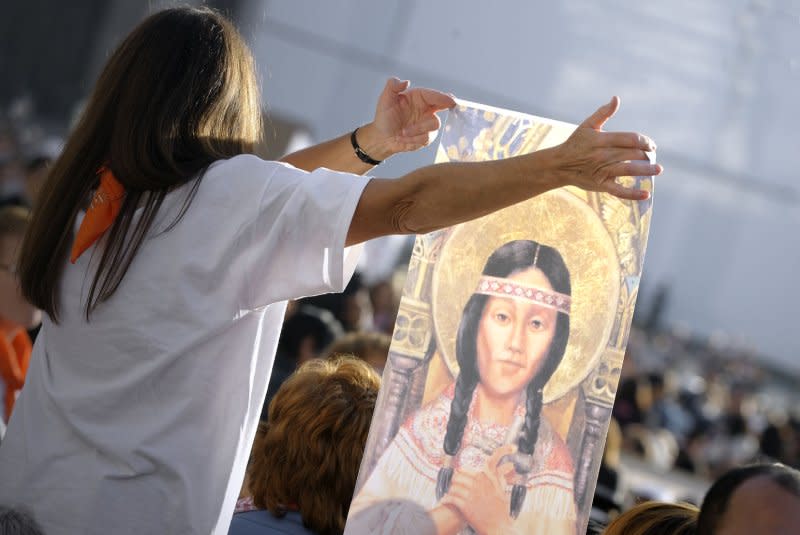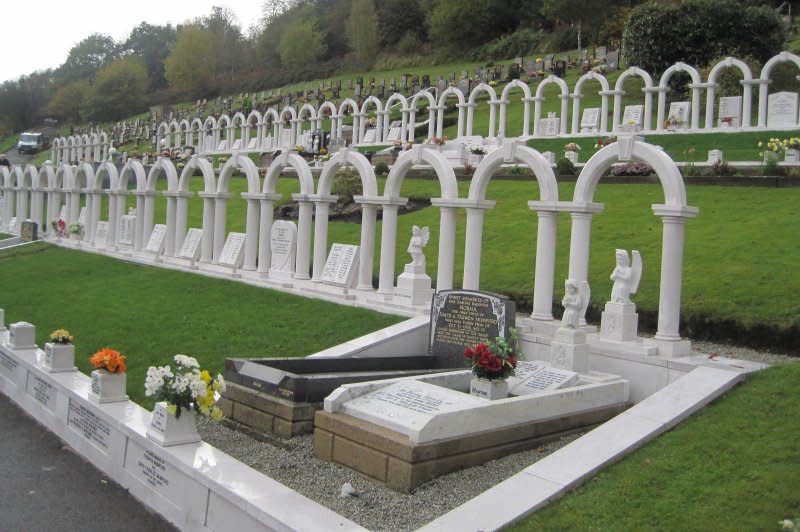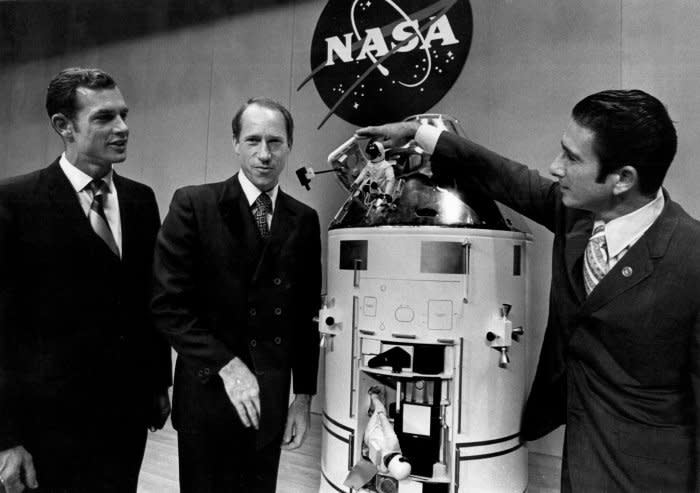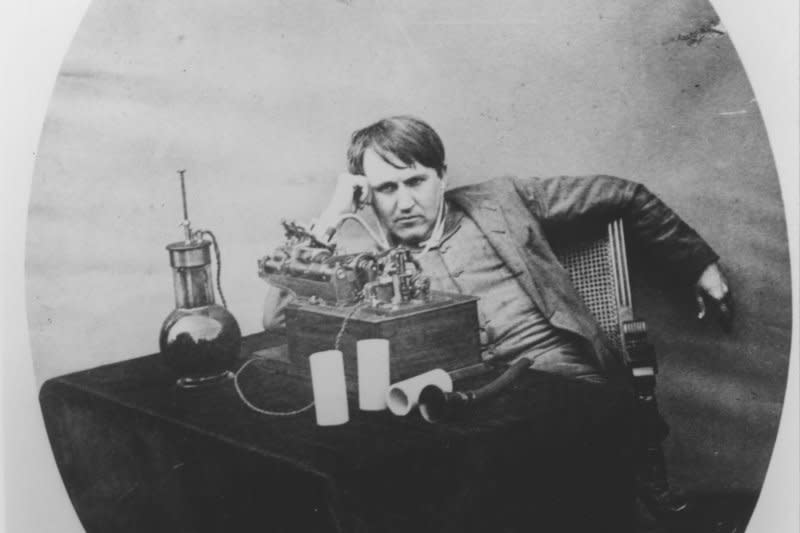On This Day, Oct. 21: Kateri Tekakwitha becomes 1st Native American saint

- Oops!Something went wrong.Please try again later.
- Oops!Something went wrong.Please try again later.
- Oops!Something went wrong.Please try again later.
Oct. 21 (UPI) -- On this date in history:
In 1805, in one of history's greatest naval battles, the British fleet under Adm. Horatio Nelson defeated the combined French-Spanish fleet at Trafalgar off the coast of Spain.
In 1879, after 14 months of experiments, Thomas Edison invented the first practical electric incandescent lamp.
In 1948, Western Allies decided to withdraw their condemnation of Russia as a threat to peace on the condition that the Berlin blockade was lifted, accepting a small-nation formula as a "hopeful basis" for solving the Berlin crisis.
In 1959, rocket designer Wernher von Braun and his team were transferred from the U.S. Army to the newly created National Aeronautics and Space Administration.


In 1959, the Solomon R. Guggenheim Museum opened in New York City. The building, designed by Frank Lloyd Wright, is considered one of the finest examples of architecture in the 20th century.

In 1966, an avalanche of coal slag cascaded down a Welsh mountainside, burying a school in the town of Aberfan and killing 148 people, mostly young students.
In 1983, Grenada's newly installed military rulers sought to consolidate control as 1,900 Marines steamed toward the Cuban-backed island following a week-old coup that left as many as 15 people dead.

In 1991, Beirut University professor Jesse Turner, a hostage since January 1987, was released by his captors in Lebanon.
In 1994, Rosario Ames, wife of confessed spy Aldrich Ames, was sentenced to 63 months in prison for collaborating with him.
In 1999, the National Park Service redesignated the Black Canyon of the Gunnison National Monument as a national park in Colorado.
In 2004, the most senior soldier accused in the Abu Ghraib prison abuse scandal in Iraq, Staff Sgt. Ivan "Chip" Frederick, was sentenced to eight years in prison. He was released on parole in 2007.

In 2011, U.S. President Barack Obama announced the United States would withdraw all troops from Iraq at the end of the year and engage in a "normal relationship" with the nation. "After nearly nine years," Obama said, "America's war in Iraq will be over."
In 2012, Pope Benedict XVI canonized Kateri Tekakwitha as the first Native American to become a saint.
In 2021, cinematographer Halyna Hutchins died after a prop gun handled by actor Alec Baldwin went off on the set of the movie Rust in New Mexico.


